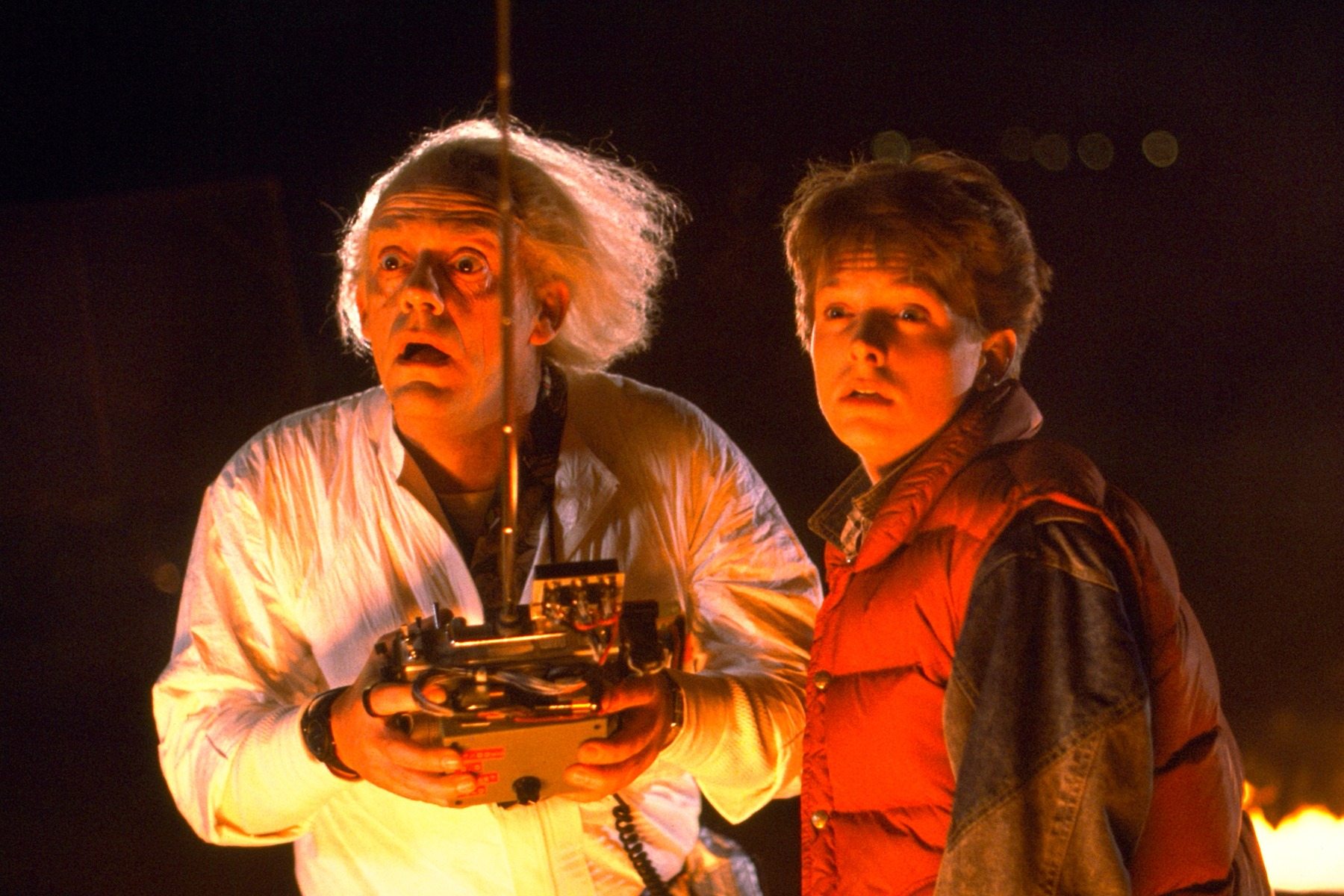The world of cinema is moving forward, and along with it, ideas about what is acceptable are changing. What was once considered the norm is often criticized today: from cultural stereotypes and sexism to excessive violence or inconsistency with historical facts.
“Aladdin” (1992)
The animated Disney hit with bright music and the charisma of the Genie, performed by Robin Williams, captivated millions of viewers. However, the film was later accused of perpetuating stereotypical ideas about the East and of portraying Jasmine as too dependent on men. In the 2019 remake, the heroine was made more independent, and problematic details were redone.
“Batman Forever” (1995)
Unlike most of the films on the list, “Batman Forever” is not guilty of offensive jokes or crude satire. Its “guilt” lies elsewhere: too much carnival style, bright costumes, and caricature villains. In the 90s, it was fun and spectacular, but today superhero films rely on drama, seriousness, and entire cinematic universes.
“Die Hard” (1988)
The story about police officer John McClane set a new standard for action films: the hero is not a superman, but an ordinary man who suffers, makes mistakes, and still wins. But in today’s environment, the film would look too harsh. Mass shootouts and a plot about terrorists who seized a skyscraper were perceived differently in the 80s. After September 11, such stories became taboo – viewers are no longer ready for a light tone on such a topic.
“Caddyshack” (1980)
The film is adored by fans of the 80s comedy chaos: crazy heroes, absurd scenes, and improvisation. But behind the humor, there are many sexist, racist, and derogatory remarks. At that time, they were perceived as “harmless jokes”, but now such would be considered an insult.
“Mr. Mom” (1983)
Michael Keaton played a father who is forced to take care of the children while his wife builds a career. At that time, the plot was perceived as a funny game with roles. Today, the film looks outdated: almost every scene is built on the fact that the man “doesn’t know how” to take care of the house and children.
“Pocahontas” (1995)
One of the most beautiful Disney cartoons caused a storm of criticism even at its release. The studio transformed the story of a Native American woman into a romantic fairy tale, distorting the facts. The heroes were given melodrama, and the real tragedy of colonization was romanticized. Today, when issues of representation and respect for indigenous peoples are especially acute, such a script would be considered unacceptable.
“Back to the Future” (1985)
The film is still regarded as a standard of screenwriting and an exemplar of the family blockbuster genre. But even though it has a plot line that would cause a wave of criticism today, the main character’s mother falls in love with her own son, even though she doesn’t know who he is. In the 80s, this was presented with humor, but today such a move would be considered too provocative and unacceptable for a mainstream movie.
“Police Academy” (1984-1994)
A whole series of films built on parody, grotesque, and absurdity. Back then, viewers were attracted by light humor, but today the problem is obvious: simultaneously ridiculing and glorifying the police, stereotypical characters, and crude jokes.
“The Crying Game” (1992)
The film thundered thanks to an unexpected twist – one of the characters turned out to be transgender. But the characters’ reaction to this event, shown through aggression and disgust, would be perceived as discrimination today. In the 90s, this was considered a shocking technique, but now such a scene would cause a protest.
RoboCop (1987)
Paul Verhoeven’s film is both a hard-hitting action film and a satirical dystopia. It criticizes corporations and harsh police policies, while showing scenes of extreme violence. Today, such material would be difficult to handle: some would accuse the creators of promoting cruelty, others of attacking capitalism. As a result, the film would find itself under fire from both sides at once.

 Discuss
More news
Discuss
More news


